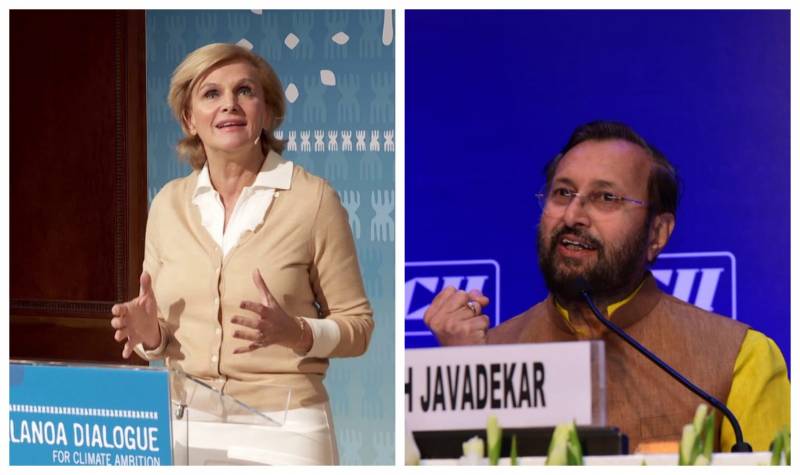WHO slams Javdekar’s pollution utterances
By Amritha Mohan
Highlights
- Seven million people succumbing to air pollution
- Hyderabad, Vijayawada among ‘non-attainment’ cities
Hyderabad: In a quick rebuttal to the Environment Minister’s statement, chief scientists at World Health Organisation (WHO) have argued that air pollution is ‘the greatest environmental risk to health as it causing seven million deaths every year.’
Going a step further, Dr. Maria Neira, director of WHO, also stated that she is ready to facilitate access to more than 70,000 scientific publications that link air pollution with health.
Earlier on December 6, Minister of Environment, Forest and Climate Change, Prakash Javadekar, had stated in the Lok Sabha that no Indian study has shown that pollution reduces lifespan. He was responding to a query in the Lower House, wherein he said, “Indian studies have not shown a direct correlation of shortening of life because of pollution.”
Taking a dig at environmental studies carried out on air pollution, the Minister added, “Such studies carried out by various institutes may not be based on first generation data. They interpolate and extrapolate secondary data and then come out with conclusions based on the models studied. So, let us not create a fear-psychosis among people, because pollution is a problem that prevails all over the world.”
Calling out the Minister for his remark, Callum Grieve, co-founder of Every Breath Matters, tweeted, “Air pollution shortens life. This is evidenced by the death of around seven million people after breathing toxic fumes from burning fossil fuels. More than ten lakh of them are your citizens.”
Every Breath Matters is a campaign that strives to ensure clean air for all by 2030.
Chief scientist at WHO, Soumya Swaminathan, took to Twitter about the hazards of air pollution, calling it as one of the biggest risk factors, especially impacting children and elderly people.
“Reducing indoor and outdoor air pollution should be a high priority for governments and citizens,” she said.
Hyderabad among ‘non-attainment’ cities
A query on National Clean Air Programme (NCAP) in the Lok Sabha, revealed that 102 ‘non-attainment’ cities have been identified based on ambient air quality data for the period 2011 – 2015 and WHO report from 2014-2018.
‘Non-attainment’ cities are those which consistently show poor air quality than the National Ambient Air Quality Standards.
Apart from Hyderabad, Nalgonda and Patencheru have also been categorized as ‘non-attainment’ cities in Telangana. In Andhra Pradesh, Guntur, Kurnool, Nellore, Vijayawada and Vishakhapatnam fall in this category.